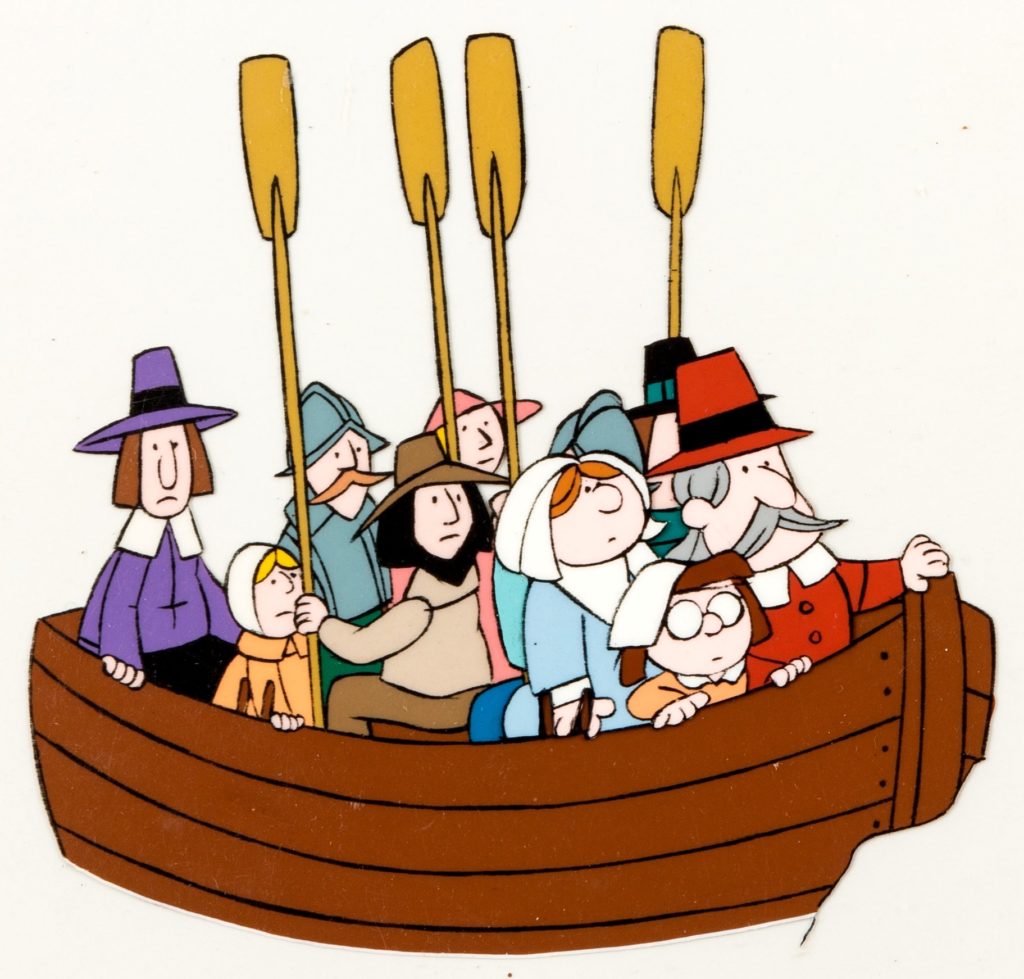
By Jim O’Neal
In the early 17th century, people in England were legally required to worship as prescribed by the Church of England. However, although the church had broken from the Catholic Church, many people felt the rituals and prayers were Catholic features that should be dropped.
Puritans, so-called because of their religious purity, wanted to make these reforms from within the church. Other groups called “Separatists” set up their own congregations, but their leaders were imprisoned so they moved to the Netherlands, which was more tolerant.
In 1620, the Puritans set sail across the Atlantic to begin a new life in America. They started in two ships, but one was not seaworthy so they had to continue in just one, the Mayflower. Winter storms ravaged them during the 66-day voyage, but they managed to craft the Mayflower Compact, a document which pledged their loyalty to the Crown while asserting their right to make their own laws.
As the French, Dutch and Swedish arrived in North America, Britain decided to restrict their colonies by enacting the Navigation Acts, which required that all commodity trade take place in British ships crewed by British sailors.
Naturally, the colonists came to see these measures as willful suppression of their trade and manufacturing. Tensions rose on both sides of the Atlantic that would lead inexorably to the American War of Independence that we are so familiar with.
Free trade is still being debated yet today – almost 400 years later – as we see both major political parties arguing over new trade agreements with Asia. President Obama’s Trans-Pacific Partnership (TPP) involves the Pacific Ocean this time. Some things never seem to change (much).
 Intelligent Collector blogger JIM O’NEAL is an avid collector and history buff. He is President and CEO of Frito-Lay International [retired] and earlier served as Chairman and CEO of PepsiCo Restaurants International [KFC Pizza Hut and Taco Bell].
Intelligent Collector blogger JIM O’NEAL is an avid collector and history buff. He is President and CEO of Frito-Lay International [retired] and earlier served as Chairman and CEO of PepsiCo Restaurants International [KFC Pizza Hut and Taco Bell].
